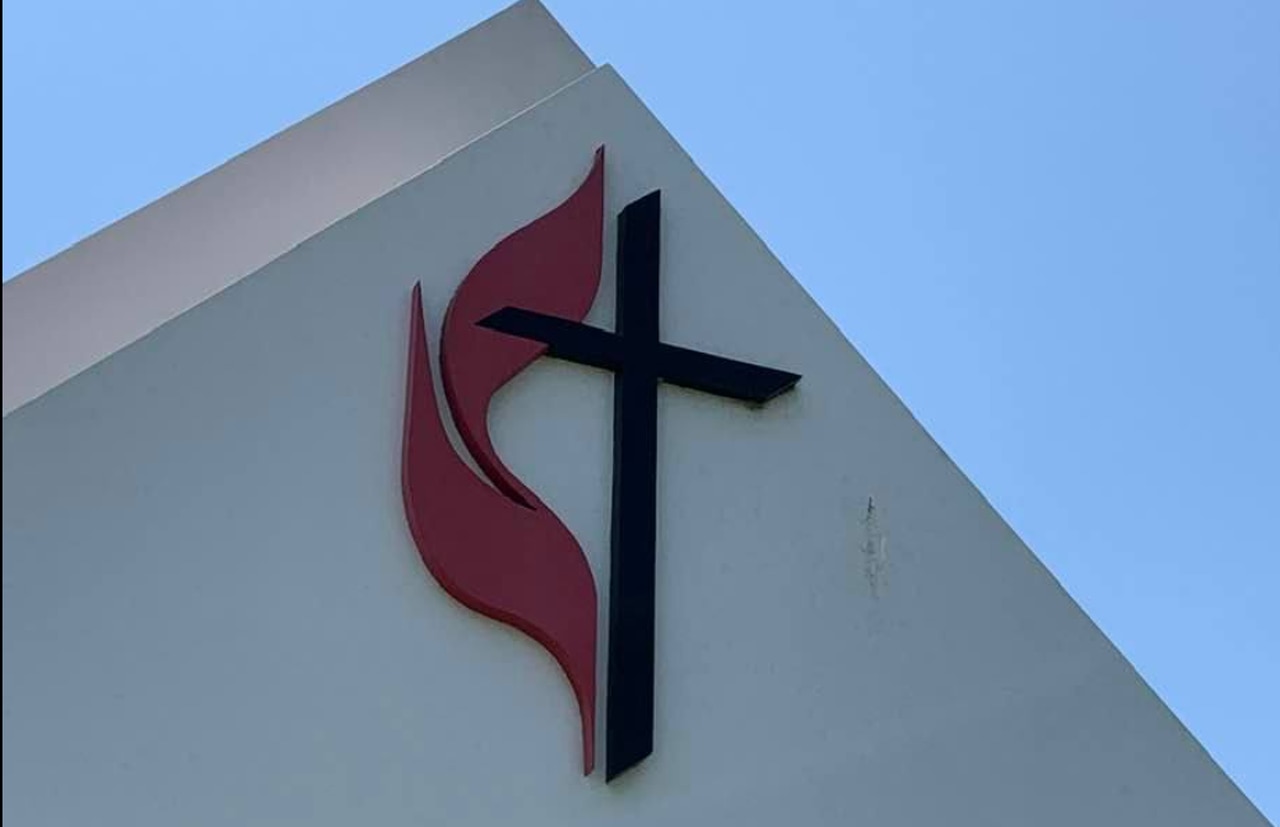United Methodists ‘crushed’ after being left behind by disaffiliating churches
As hundreds of United Methodists churches in Alabama and the Florida Panhandle have voted to disaffiliate since last year, members who remained loyal to the denomination were left behind, looking for new church homes.
Among them are Charles Mason, who was a member of First United Methodist Church of Opelika, which has voted to disaffiliate from the denomination.
On May 7, First United Methodist Church of Opelika will be among 193 churches that have voted to disaffiliate that are expected to be approved to leave the denomination when the Alabama-West Florida Conference of the United Methodist Church meets by a conference call.
But Mason wants to stay in the United Methodist Church. “The United Methodist Church has always been a part of my life,” he said.
Dr. Lee Thigpen, a lifelong United Methodist who was a member of Crestview United Methodist Church in Crestview, Fla., when it voted to disaffiliate, feels the same way. Crestview is also expected to officially leave the denomination on May 7.
Leading up to the vote, the Alabama-West Florida Conference has 511 member churches, most of them in South Alabama, the rest in the Florida Panhandle. After the vote, that’s expected to go down to 318. Churches can still vote to leave through the end of 2023.
“I never thought it would come to this,” Thigpen said. “I’ve never been so crushed in my life.”
Mason and Thigpen have both since submitted their names for the General Church Roll, a method the conference recommends that allows them to stay in the United Methodist Church as they look for a new congregation to join.
“I believe in United Methodism and what it’s about,” Thigpen said.
Defining Methodism
Defining United Methodism has been a thorny issue over the past four decades, as progressives in the denomination have pushed for full inclusion of LGBTQ members, including recognition of same-sex marriage and ordination of openly gay clergy.
Yet the United Methodist Church Book of Discipline still contains language saying “the practice of homosexuality is incompatible with Christian teaching.”
While progressives who support full LGBTQ inclusion have been influential in the U.S. leadership structure, conservative United Methodists in the United States have joined conservative United Methodists from Africa and Asia at the international governing conferences to block the blessing of same-sex unions and ordination of openly gay clergy. Some progressives have flouted the rules, saying they are unjust. Conservatives say the rules have not been widely enforced.
At the United Methodist Church General Conferences, which set church law, conservatives have repeatedly won showdowns with progressives who wanted to update the Book of Discipline to be more LGBTQ-inclusive.
Tired of fighting on the issue, many conservatives are now leaving, using an opening agreed upon by the General Conference to allow churches to pay the supervising conference for their property, take it with them and leave the denomination.
As conservative-leaning churches leave, the denomination is expected to eventually change the language and rules restricting LGBTQ members of the United Methodist Church.
The Methodist churches that are leaving the denomination have either remained independent or joined more conservative denominations such as the Global Methodist Church, formed last year to welcome new conservative Methodist congregations, or the Free Methodist Church, or the Foundry movement, a network of affiliated churches in the Methodist tradition.
With the departure door wide open, conservative-leaning churches have been heading for the exits.
More churches leaving
In the North Alabama Conference, 198 of 638 churches disaffiliated in December. Since then, 135 more have voted to disaffiliate. Their departure is expected to be finalized on May 11.
Among those lining up to leave, Trussville United Methodist voted on April 23 by a margin of 296 to 83 to disaffiliate. That’s 78 percent, above the two-thirds majority required to disaffiliate. Others that have voted to leave include Russellville First, Clay, Helena, Mentone, Taylorville in Tuscaloosa and The Gathering Place in Moody.
From 2021-2022, in earlier departures, the Alabama-West Florida Conference lost 47 churches to disaffiliation, including Frazer Methodist Church in Montgomery, which had long been the largest membership United Methodist Church in Alabama with more than 7,000 members. Frazer joined the Free Methodist Church, a more theologically conservative denomination that has about 300,000 U.S. members and about a million worldwide.
The United Methodist Church, founded from a merger of Methodist churches in 1968, has dropped from 10.6 million U.S. members in 1970 to about 6.2 million before the pandemic in 2020, reflecting a broader decline in attendance and membership across mainline Protestant denominations.
The North Alabama Conference has announced two new United Methodist congregations have started in Oneonta and Albertville, where previous congregations disaffiliated.
The Alabama-West Florida Conference has announced 11 new church starts so far to replace disaffiliating churches.
Both conferences are encouraging loyal United Methodists who feel left behind to join one of the new church starts.
Gulf Shores Methodist Church voted to disaffiliate on Nov. 17, with 259 yes votes (81 percent) and 56 no votes. On March 5, Gulf Shores Methodist voted to join the Global Methodist Church, as soon as the disaffiliation from the United Methodists becomes final on May 7.
The Alabama-West Florida Conference has started a new congregation aimed at those from Gulf Shores and Orange Beach who felt left behind. Orange Beach United Methodist Church also voted to disaffiliate.
The planned Island New Church Start will cover the combined Gulf Shores and Orange Beach area.
United Methodists start new congregations where churches disaffiliated
United Methodist split: 198 churches leave North Alabama Conference
